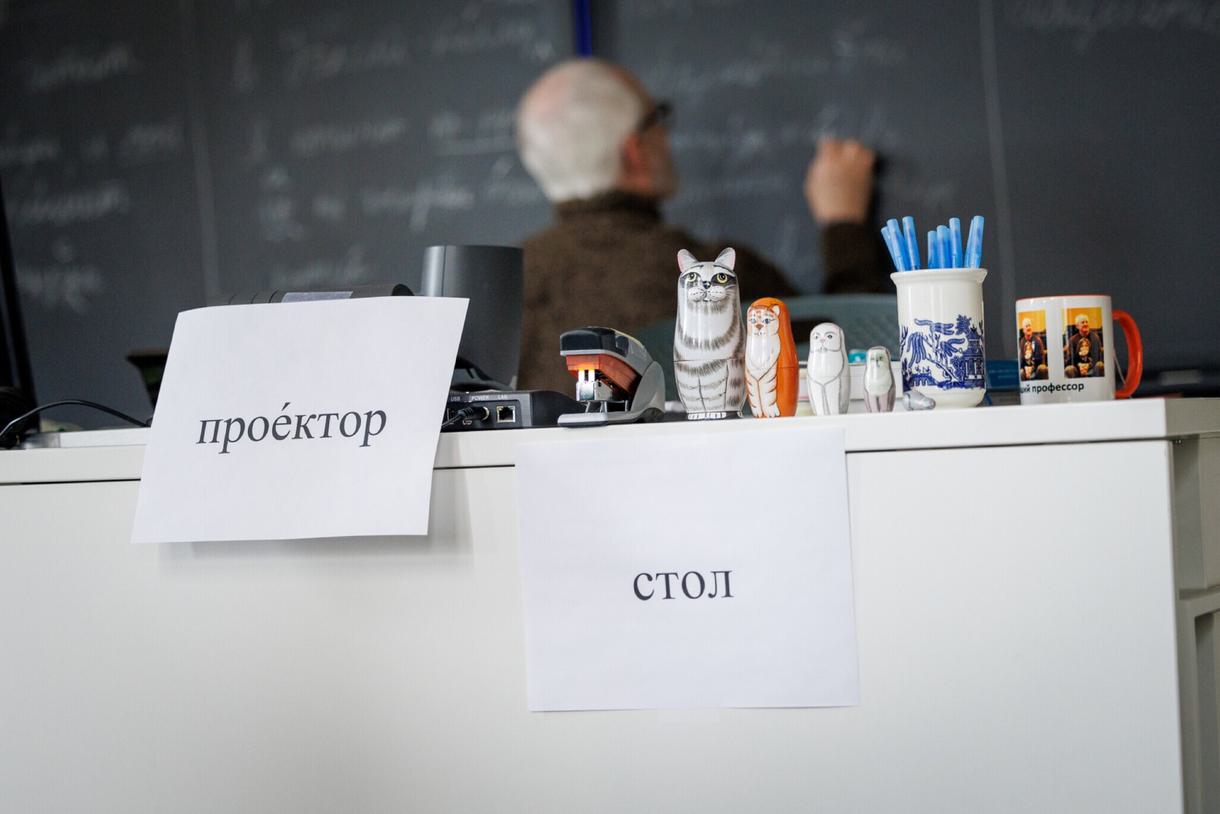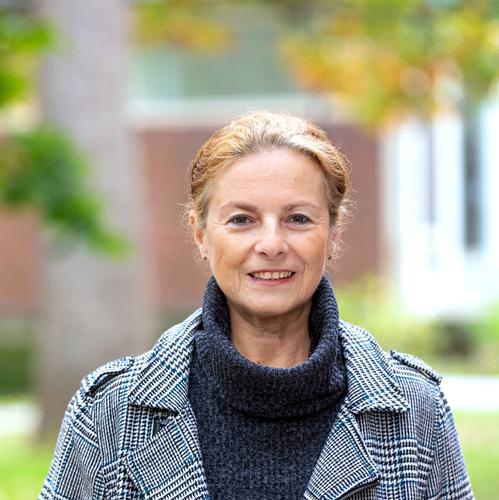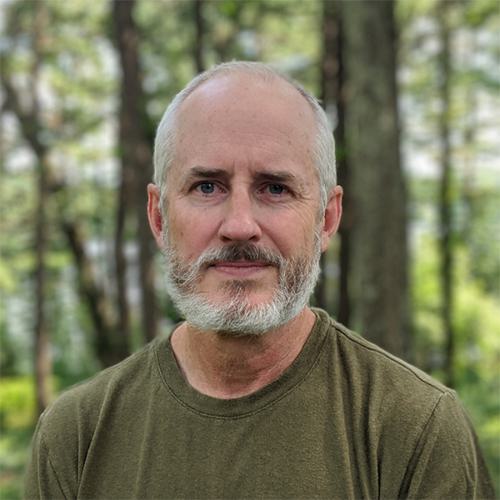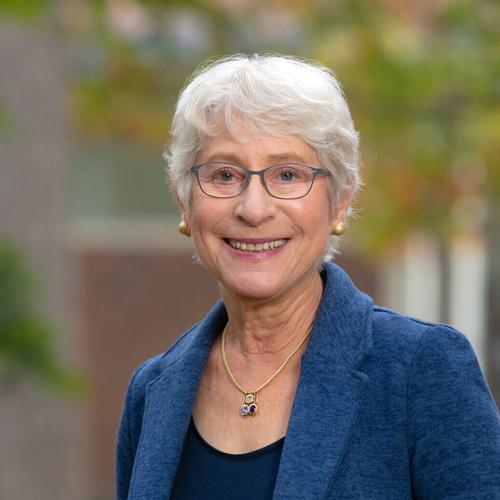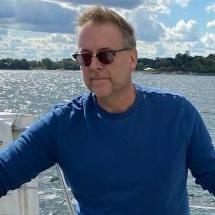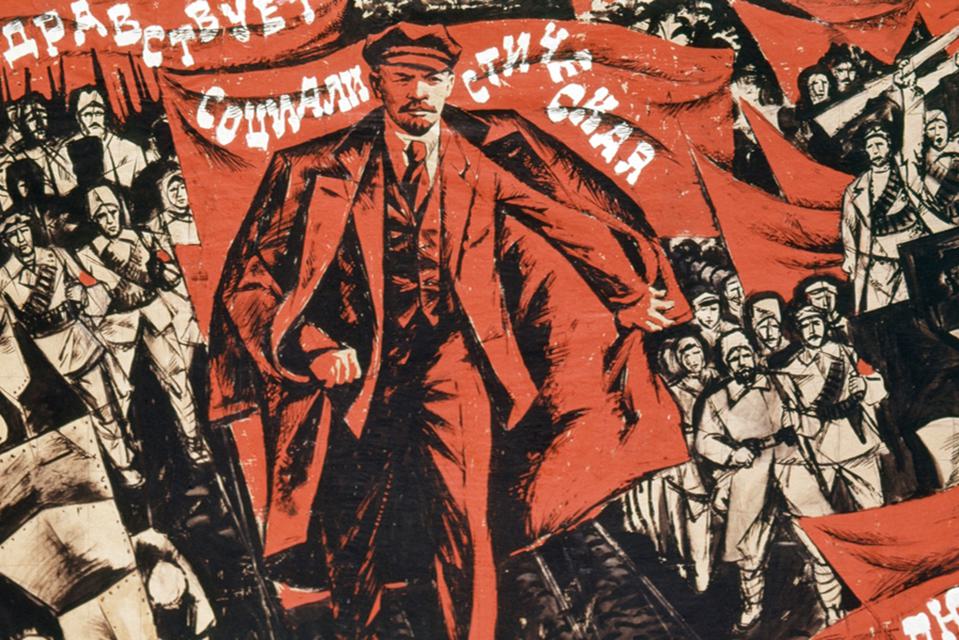Russian Area Studies
Academic Program Introduction
The vast region of Russia and Eurasia offers much to the world, from its glorious literary and musical canon to an extraordinary thousand-year history to the unflinching quest for truth by many of its artists and scholars. Russia’s richness and depth of experience must not be forgotten at a moment when its state has gone rogue by unleashing a catastrophic war against Ukraine. Our interdisciplinary program explores Russian language and literature as well as Russian and Eurasian culture, history, politics, and the arts.
Learning goals
- Evaluate Russia’s and Eurasia’s challenges, goals, values, and place in today’s interconnected world.
- Describe the basic structures and dynamics of Russian and Eurasian historical development, including the nature of autocracy, dictatorship, and empire.
- Acquire sufficient proficiency in the Russian language for fluent conversation and advanced study of Russian literature.
Programs of Study
Russian area studies major
Students understand how the nations and peoples of Russia and Eurasia have interacted over time with each other and with geographic regions beyond their borders.
Course highlights
Firebird! The Russian Arts Under Tsars and Commissars
RAST222
The magical Russian Firebird—with its feathers of pure gold—embodies the creative genius and salvational glory of the Russian performing arts. In this course we will explore Russian ballet, opera, music, theater and poetry, and their place in the culture and history of Russia and the Soviet Union, from the age of Tolstoy to the Putin era, from Tchaikovsky’s Swan Lake to Pussy Riot, the feminist protest group. In addition to larger themes and movements, we will consider the contexts, histories, meanings—and, in some cases, iconic afterlives—of selected works and their masterful creators.
-
Firebird! The Russian Arts Under Tsars and Commissars
RAST322
The magical Russian Firebird—with its feathers of pure gold—embodies the creative genius and salvational glory of the Russian performing arts. In this course we will explore Russian ballet, opera, music, poetry and theater and their place in the culture and history of Russia and the Soviet Union, from the age of Tolstoy to the Putin era, from Tchaikovsky’s Swan Lake to Pussy Riot, the feminist protest group. In addition to larger themes and movements, we will consider the contexts, histories, meanings—and, in some cases, iconic afterlives—of selected works and their masterful creators. Normally open to Sophomores, Juniors and Seniors who have taken a 200-level unit in a relevant area/subject; additional classwork assigned. -
First-Year Seminar: Vladimir Putin: Personage, President, Potentate
HIST116Y
With Russian military forces surging through Ukraine in an unprovoked and catastrophic war that few in Russia or the West had predicted, as President Vladimir Putin threatens the annihilation of Ukraine’s statehood and the possible use of tactical nuclear weapons, now is the time to plunge into a study of that authoritarian leader of the world’s largest country. What are the causes and consequences of this catastrophic conflict? How did Putin accumulate so much power? What have been his goals, values and operating principles? A product of Leningrad’s “mean streets,” the young Putin sought glory in the KGB, and after the demise of the Soviet Union—a collapse he rues to this day—moved into the heights of power. We will explore Vladimir Putin’s life path, political strategies and policies, ideas about Russia’s identity and place in the world, and his image as the epitome of both potent masculinity and the devil incarnate. We will also delve into Russian politics and society in the era of this enigmatic, potent, and murderous leader.
Research highlights
-
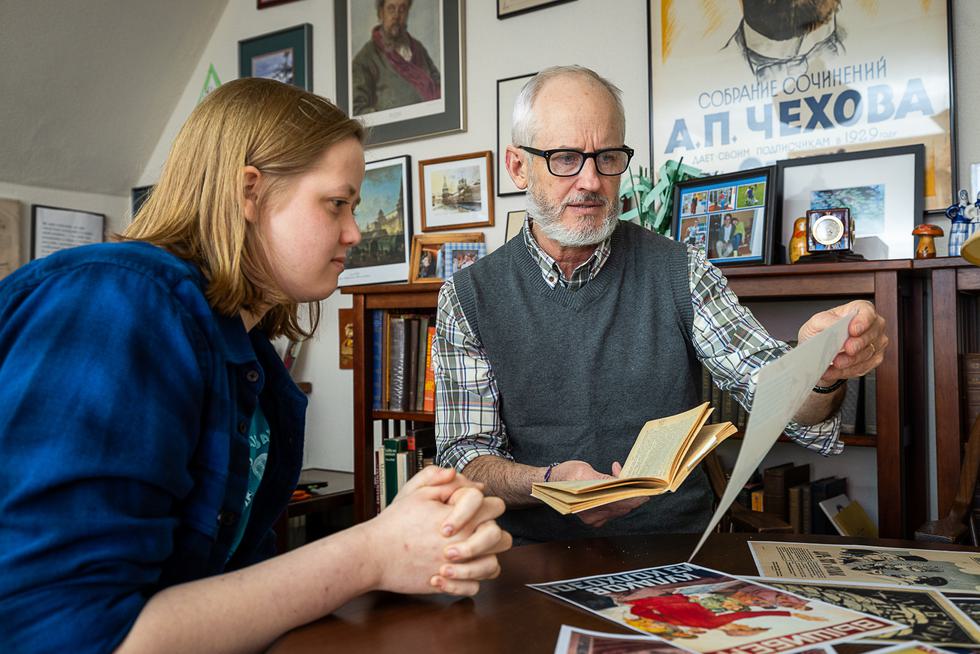
In Hunting Nature: Ivan Turgenev and the Organic World (Cornell University Press, 2020), Professor Thomas Hodge explores Turgenev’s deep and intense relationship to nature.
-
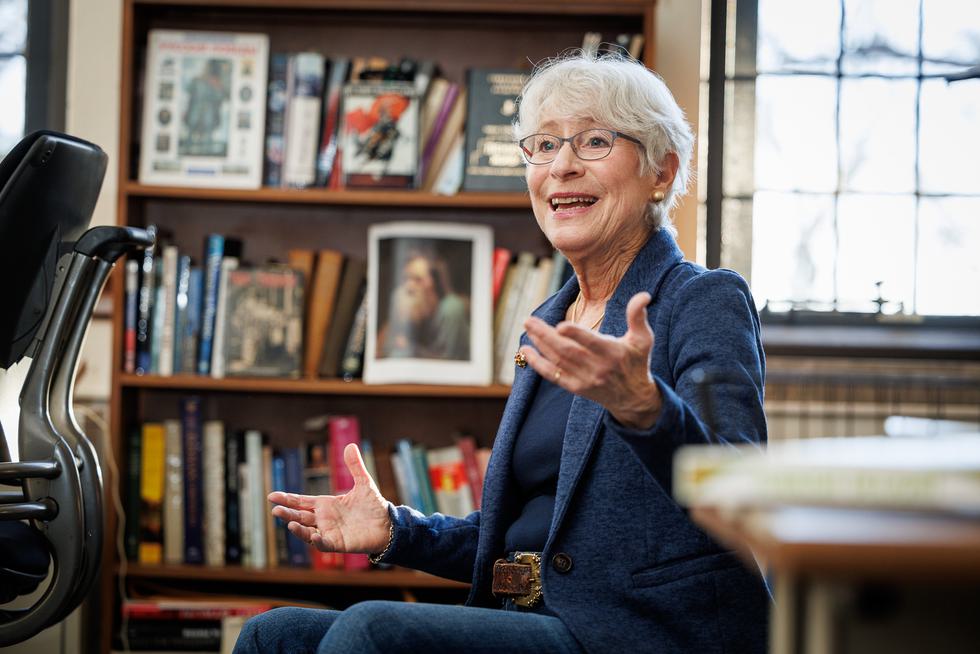
Professor Nina Tumarkin is researching Russian volunteer groups that search for and attempt to identify the remains of over 1 million Soviet soldiers and officers still missing in action from World War II. That “Great Patriotic War” figures prominently in the Kremlin’s current propaganda about the “special military operation” to defeat “Nazis” in Ukraine.
-
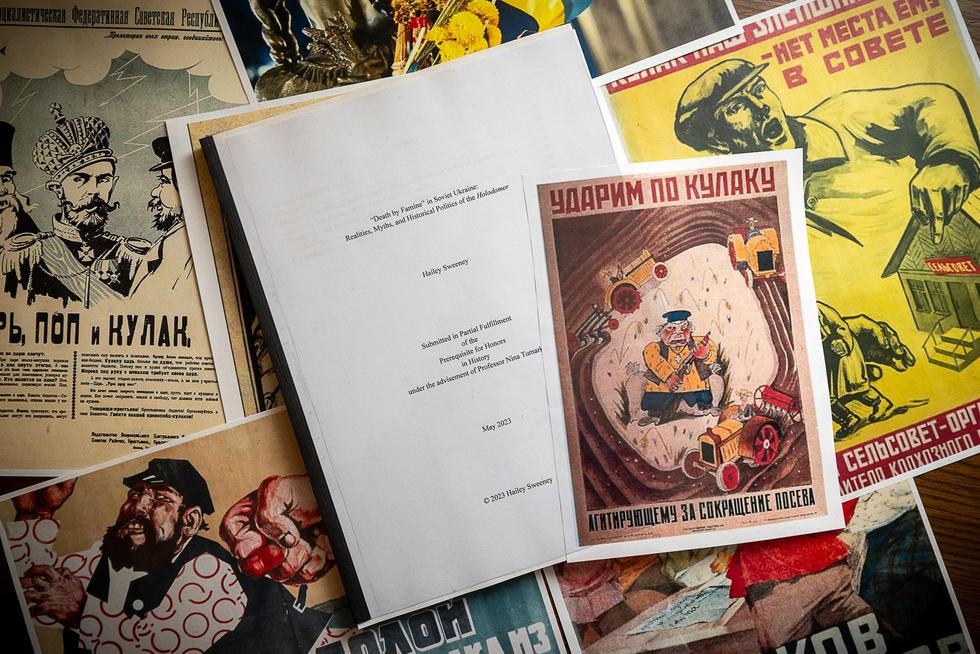
“‘Death by Famine’ in Soviet Ukraine: Realities, Myths, and Historical Politics of the Holodomor,” an honors thesis by history major Hailey Sweeney ’23 , explores Ukraine’s devastating 1932–1933 famine. The traumas of this famine have been used as a nation-building tool in contemporary Ukraine, framed in the context of genocide by various politicians, including President Zelenskyy.
Beyond Wellesley
Beyond Wellesley
The program prepares students for a range of careers, including work in government, business, academia, the arts, and the nonprofit world.
Recent Employers
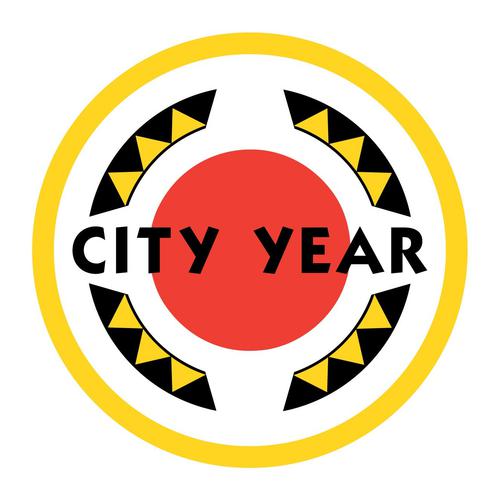
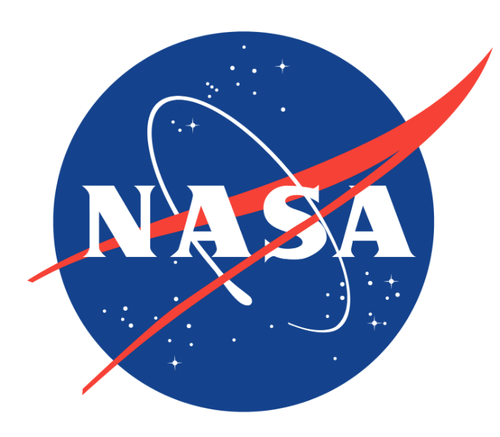
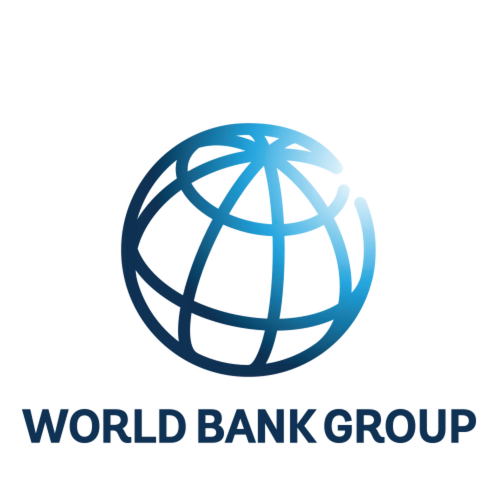
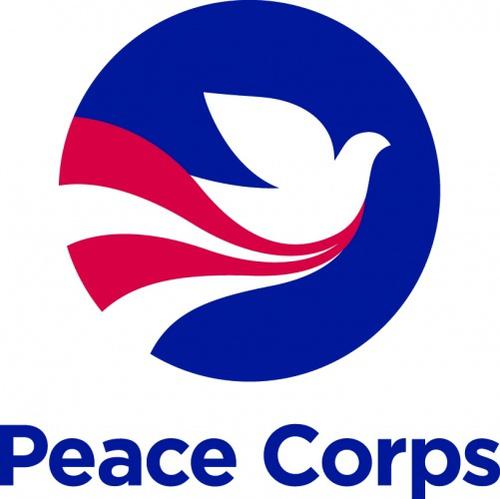
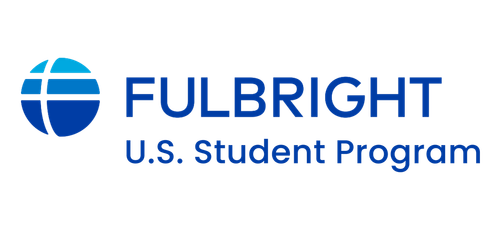





106 Central Street
Wellesley, MA 02481
